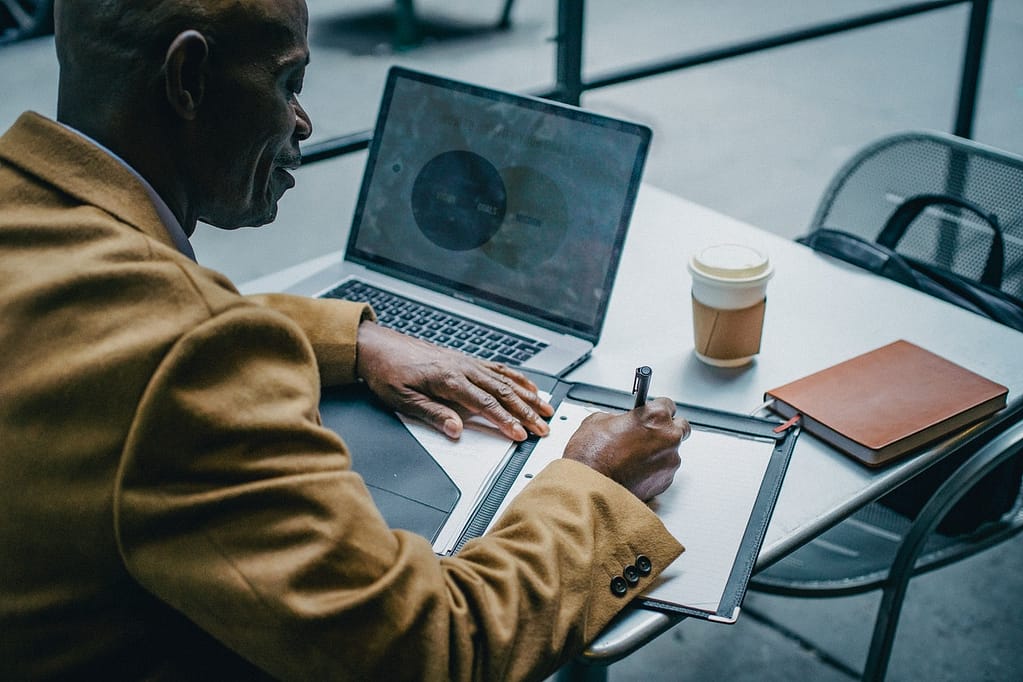WhatsApp has come out to debunk claims that they will have unrequited access to user data – and even be able to share that with the parent company too. However, that has not done much to allay the fears of users who know how Facebook can be when it comes to privacy issues.
That has led to the shedding of millions of users who are now migrating to other IMs.
If you are in such shoes too, here are the IMs that you should be going for this time around. And yes, they have their focus set on privacy.
Telegram
Telegram ensures all secret chats on the platform are not saved on their servers. That way, these chats can never be accessed on another device.
We also love the fact that Telegram started the disappearing messages game – and they are even better at it than WhatsApp that just got in. Of course, all calls (video and audio), texts, and media files are end to end encrypted.
That said, Telegram remains one of the services that has always had its selling point to be user privacy and security.
Signal
Elon Musk told his followers that Signal is the next best thing after ice cream. Okay, he didn’t put it that way – but you get the gist already.
Furthermore, Edward Snowden has lent his voice to support this app more times than once. That, and it is also worthy of note that Brian Acton – co-founder of WhatsApp who left the platform after some privacy issues with Facebook – backs the application.
That and the fact that this one is open source reinstates our trust in the security and privacy model which they run.
Threema
The first thing that puts users off about Threema is how they are a paid service. When you consider what they bring to the table, though, it is well worth it.
For one, the service does not require a phone number nor email address to work. That allows users to stay even more anonymous when using the service.
Open source is also a way to ensure faster community development and vetting of the codes by everyone. This level of transparency shows users that none of their data is being harvested for sinister purposes.
iMessage
Apple users are no stranger to this guy. Unfortunately, non-Apple users cannot get in on the fun.
Besides the end-to-end encryption on calls, texts, and other files shared, this app also carries the Apple badge of privacy support on it.
We love the amazing handoff that iMessage provides between various devices in the Apple ecosystem. That is followed by the fact that iMessage apps are restricted from having access to your chats and shared media.
Such a robust platform integrated with the usual SMS feature of the device if you ask us.
Is that all there is on user privacy?
Unfortunately, no. Getting secured on your chats is one thing, but that does not guarantee you total online privacy and security.
Fortunately, we might just be able to help out with some simple, DIY tips for even the non-tech savvy people.
Download Security Software
None of your devices should be left without some security software.
A good place to start is always with antimalware software. It is also recommended that you choose the paid plans over the freemium as they offer you so much more.
If you connect to public Wi-Fi networks a lot, or would just like to better secure your connections, a VPN download on all of your devices is a no-brainer. Instead, you could download a router VPN.
Choose Secure Passwords
It is good to have 2FA – and even better to change your passwords once every three months or as you see fit. However, all that might make no difference if you are not using a secure password in the first place.
You could leverage a password generator to come up with better passwords – and save them in password managers when you are done.
Beware Phishing
Most hacks are direct attacks from the hackers themselves. With phishing attacks, though, the script is flipped.
Hackers make it such that the users themselves bypass important parts of their personal security in ways that hurt them.
Thus, never download unsolicited attachments in emails nor click on untrusted links. Stay away from potentially malicious emails/ texts, and be sure to get an email scanner too. If that does not already come with your anti-malware, that is.



